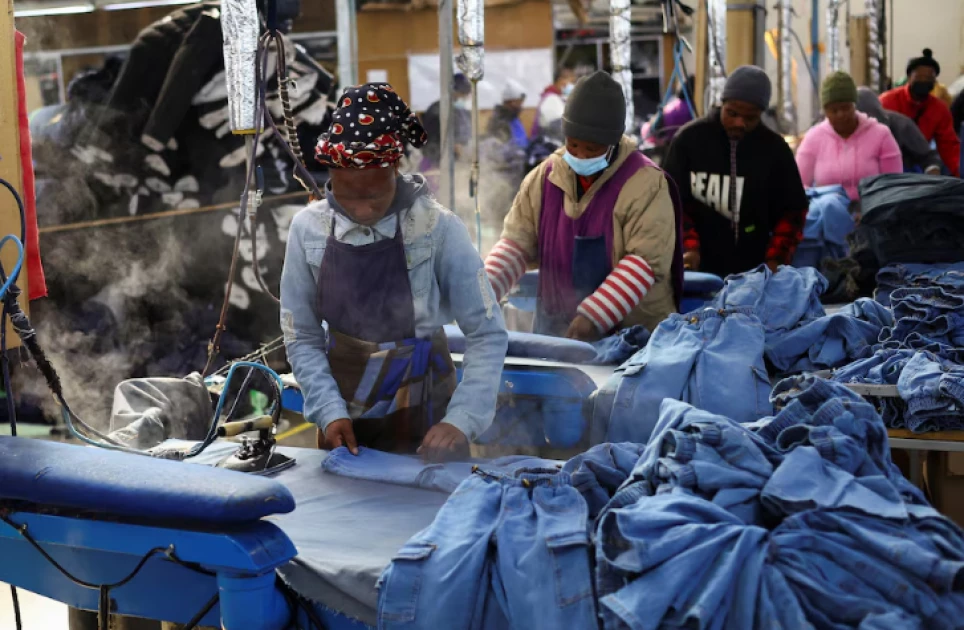Lesotho’s Minister of Trade, Industry, Business Development, and Tourism, Mokhethi Shelile, has strongly criticised U.S. tariff policies, calling them unfair to developing nations and detrimental to the country’s vital textile sector.
Shelile said the U.S. tariff regime, focused heavily on goods trade, fails to consider the substantial value of U.S. services exported globally. Citing the example of Microsoft licenses, for which Lesotho spends millions annually, he argued that Washington overlooks the service exports that flow from the U.S. into developing economies.
Lesotho, a landlocked country classified by the United Nations as one of the world’s least developed nations, is among Africa’s largest garment exporters to the U.S. The textile industry remains a key economic pillar, employing about 40,000 people, according to the International Organization of Employers. However, Shelile warned that recent U.S. tariff hikes have already triggered job losses, with knock-on effects in transportation, real estate, and other sectors, posing risks to social stability.
Last month, Lesotho declared a national state of disaster, citing soaring youth unemployment and job cuts linked to the tariff increases. The youth jobless rate now stands at 48 percent, deepening poverty and economic strain.
Shelile also raised concerns about trade data inaccuracies, noting that some U.S. goods enter Lesotho through South Africa but are excluded from official import figures. He criticised the U.S.’s unilateral and “discriminatory” tariff actions, saying they disrupt global supply chains and force African nations into bloc negotiations.
In response, Lesotho is seeking to diversify its markets. The government is strengthening ties with South Africa, engaging with the African Continental Free Trade Area, and exploring partnerships with China, Nigeria, the European Union, and other economies. A formal request for a U.S. tariff waiver or reduction has been submitted, but with Washington preferring to negotiate with sub-Saharan Africa (excluding South Africa) as a single bloc, talks remain indirect.
Despite the uncertainty, Shelile expressed optimism. “Through export diversification and deeper regional trade and investment cooperation, we are confident that by this time next year, we will have overcome current challenges and put the economy back on a path to recovery and renewed growth,” he said.

